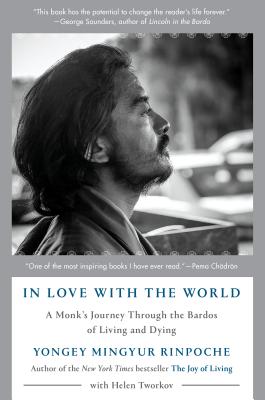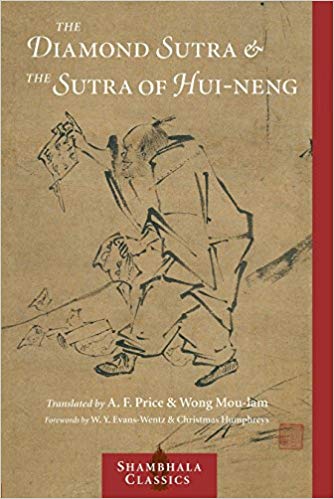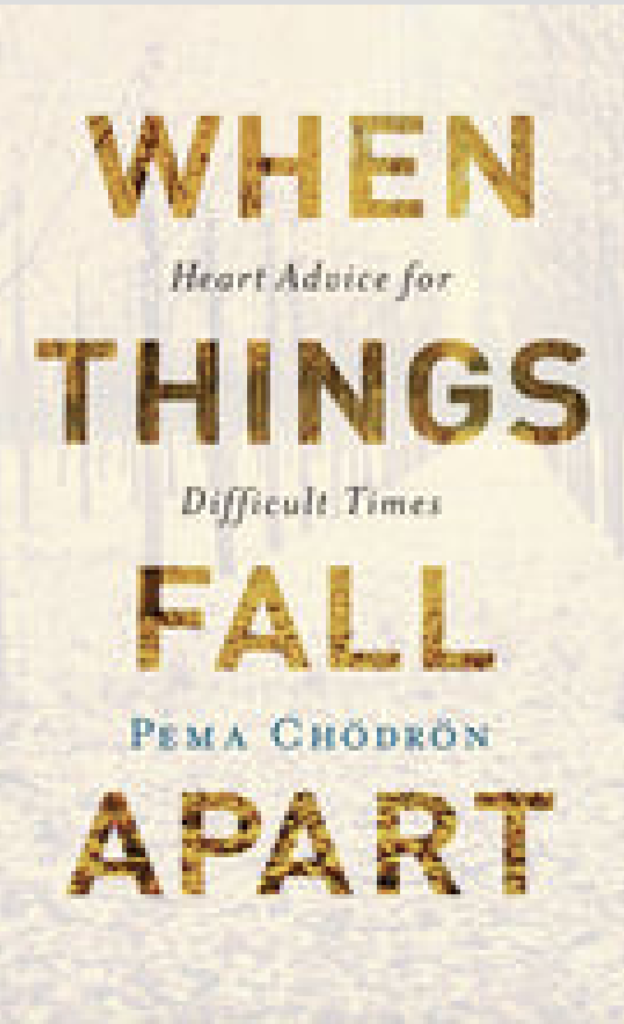Previous Books
<PREVIOUS……………………………………………………………NEXT>

Later in the pandemic Both Mitra Bishop Roshi and Daizan recommended the book Novice to Master.
In the beginning of the pandemic Mitra Bishop Roshi sent a letter to all Mountaingate and Turtleback Zendo Sangha recommending this book. Here is what she said:

I hope each of you will read Yongey Mingyur Rinpoche’s book, In Love With the World: A Monk’s Journey Through the Bardos of Living and Dying. In it he shares how he “added wood to the fire” of his spiritual practice by deliberately choosing to open to experiences that made him anxious and uncertain. In the book he speaks openly and clearly of how he worked with these mind states—and even more importantly, how he worked with dying as he nearly died of food poisoning (as the Buddha actually did). Yongey Mingyur Rinpoche is a Dzogchen master; Dzogchen is the form of Tibetan Buddhism most similar to Zen, and we can easily relate to his teachings, particularly those of opening to the felt sense that he shares in the book. It was not an easy task for him, but he persisted, determined to take his spiritual practice deeper despite the fact that he was already the head of many monasteries and had students all over the world. He was 36 years old at the time he undertook the challenge, and he is only in his early 40’s now.

Wholehearted: Slow Down, Help Out, Wake Up
by the contemporary author, Sensei Koshin Paley Ellison, cofounder of New York Zen Center for Contemplative Care (NYZCCC) (and a colleague of Daizan’s).
Available from NYZCCC
( https://zencare.org/wholehearted-book-slow-down-help-out-wake-up/ )
and most booksellers such as Amazon in several formats.
It is also available in Audible and possibly other audio sources.
The book has received many positive REVIEWS (examples below).
From the Dali Lama
“Koshin Paley Ellison’s teachings share the way forward into a path of connection, compassion, and intamacy.”

Description on the back cover of the Diamond Sutra and the Sutra of Hui-neng
The Diamond Sutra, composed in India in the fourth
century C.E., is one of the most treasured works of Buddhist literature and is the oldest existing printed book in the world. It is known as the Diamond Sutra because its teachings are said to be like diamonds that cut away all dualistic thought, releasing one from the attachment to objects and bringing one to the further shore of enlightenment. The format of this important sutra is presented as a conversation between the Buddha and one of his disciples.
The sutra of Hui-neng, also known as the Platform Sutra, contains the autobiography of a pivotal figure in Zen history and some of the most profound passages of Zen literature. Hui-neng (638–713) was the sixth patriarch of Zen in China, but is often regarded as the true father of the Zen tradition. He was a poor, illiterate woodcutter who is said to have attained enlightenment upon hearing a recitation the Diamond Sutra. Together, these two scriptures present the central teachings of the Zen Buddhists tradition and are essential reading for all students of Buddhism.







